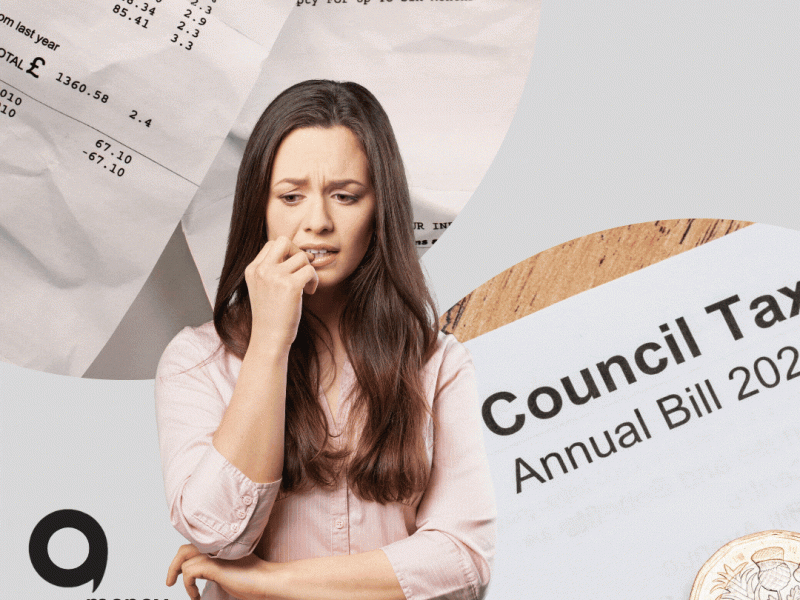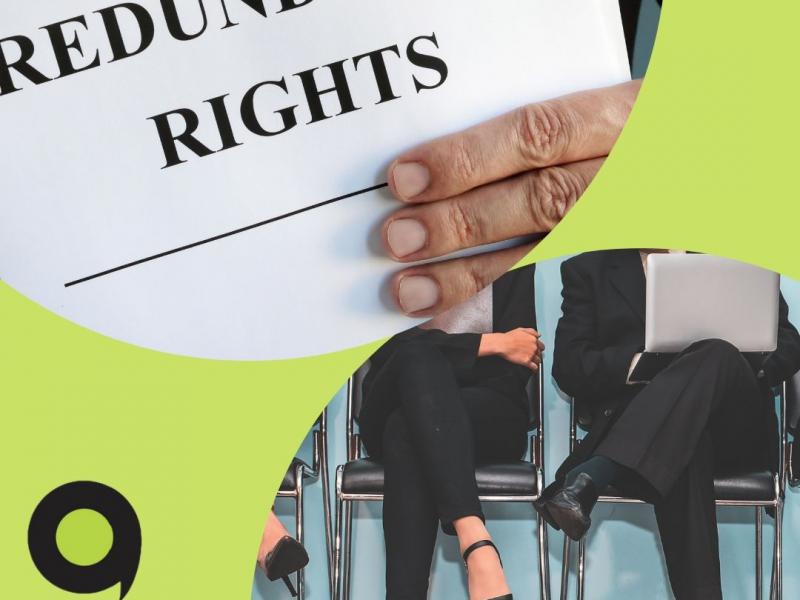
When a relationship breakdown happens, it is important to get financial and practical affairs in order as soon as possible, to avoid any confusion further down the line.
If you are named on the tenancy agreement (either as joint or sole tenant), you have a legal / contractual right to live in the property.
If you and your partner are joint tenants and named on the agreement, you have equal rights to stay, and neither can make the other leave without permission unless there are circumstances of violence. If you are named solely as an occupant, this does not give you the same rights to stay as a tenant.
The Rent Arrears
In relation to the arrears, if you have a joint tenancy with your partner, then both of you are liable for the rent in equal measures. If your partner is leaving, you may be held financially responsible for the full amount of overdue rent by your landlord.
In this circumstance, it may be possible for you to pursue your ex-partner for payment separately, including initiating legal action against them through the sheriff court. The best option here is to negotiate with your ex-partner to see if there is an amicable way forward, without having to go through sometimes lengthy and costly legal procedures.
By remaining in the property, you are legally responsible for all the rent and arrears. You may be able to negotiate with your landlord around paying the arrears over a longer period.
Who is named on the tenancy agreement?
If your name isn’t on the tenancy agreement, or you are looking to transfer a joint agreement to a singular tenancy, then you can request that the landlord does this. They are not under any obligation to do this, so it is worth checking your tenancy agreement in the first instance.
If you are not named on the tenancy and not married (or in a civil partnership), then you do not have automatic rights to stay in the home.
Sources of Additional Support
There are sources of support out there that can help if you are struggling with debt and / or money.
Advice Direct Scotland run moneyadvice.scot, who can provide information and support on a wide range of debt-related issues. Their specialist debt advisers can work with you to assess your current situation, look at your income and outgoings, and consider what to do next.
Advice Direct Scotland also have a benefits calculator that can be used to look at your entitlement to benefits. This includes checking entitlement to Housing Benefit and Universal Credit, as well as Discretionary Housing Payment, which is money you can apply for if these benefits do not cover all your housing costs.
Benefits
It is important to be aware that your savings are taken into consideration when applying for benefits. If you have savings of £16,000 or more, you will not be entitled to any help to pay your rent, unless you are of pension age, and receive the guarantee credit of Pension Credit.
Additionally, saving and investments are treated as earnings and can influence your benefits.
I hope that this helps, and you get the situation resolved as quickly as possible!



